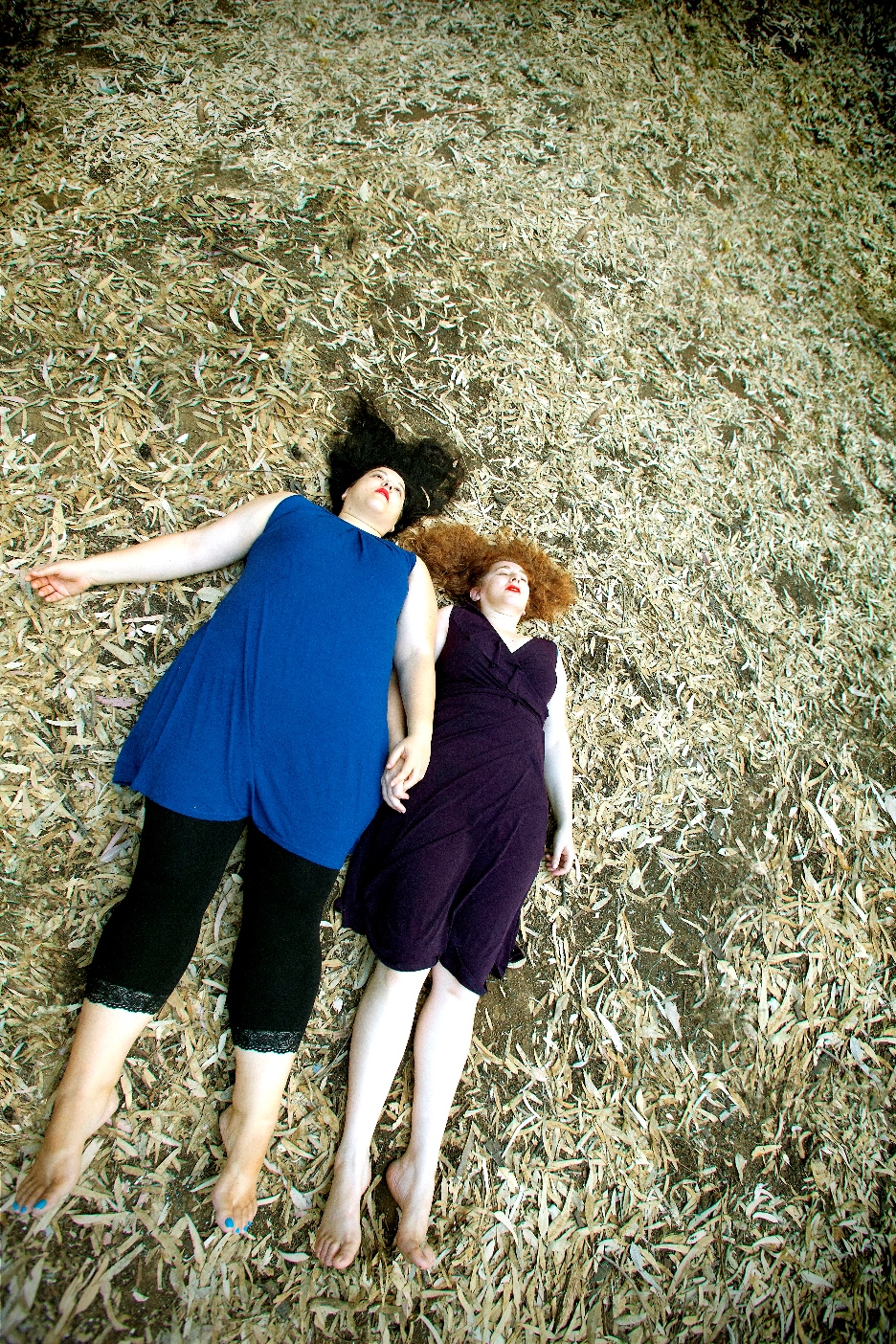The eternal culture conundrum: we all love theatre, art, film, music and dance, but somehow, there never seems to be enough money to support the arts.
In Israel, non-stop creativity co-exists with pie that’s portioned out into a multitude of ever-shrinking slices. The Acco Festival of Alternative Israeli Theatre has been a welcome stage for writers, directors and actors, offering an opportunity to let the imagination loose, do something different and show it to the world. Now in its 34th edition, the festival will take place from September 21 – 24, 2013 and ushers in a new artistic director, Gil Alon. Alon’s history with the festival is emblematic of its central role in Israeli theatre, having first participated in the festival as an actor, then as the director of a play, a jury member for the ‘greenhouse’ and as a member of the artistic committee.
Yet as Alon, Acco Mayor and Chairman of the Acco Festival Board of Directors Shimon Lankri, VP of the Board of Directors David Harari, General Director and Producer-in-Chief Albert Ben-Shloosh, and Street Theatre Director Jacky Bachar gathered to meet the press and present this year’s artistic program, members of Shaham (the Israeli actors organization) protested outside.
What’s all the commotion about?
The actors, who spend two to three months rehearsing for the festival, are demanding to be paid what would be the equivalent of minimum wage for their labors – 2,500 NIS. Chanting “there is no festival without actors,” the implication was clear: if this burning issue is not resolved, the festival might not take place.
For a while there was a concern that the press meeting might not take place, and police arrived to move the protesters away from the glass doors to the meeting room. Mayor Lankri invited Shaham CEO Shahar Botzer and Chairman Ohad Knoller to represent the actors at the press meeting and let their claims be heard. No one denied the actors’ right to fair wages, as Mayor Lankri said, “We understand and empathize with the actors, my daughter is an actor who recently graduated from the Kibbutz College, I know what it means to be an actor in Israel.”
Yet the question remains: who should take responsibility for seeing that the actors are compensated for their work, the Acco municipality or the individual theatrical productions?
On this point, Mayor Lankri was quite clear, “The Acco Municipality does not hire actors, but it certainly does finance theatrical productions.” The Acco Municipality provides a budget of 35,000 NIS – 50,000 NIS (depending on size) to each production selected for the festival. This budget must cover all expenses – from actors’ salaries to costumes, set, lights and all the many people and elements that a live theatrical performance requires.
Knoller’s response was clear and succinct, “When the municipality gives the festival productions the money, they should announce that there is a certain portion of that sum that goes to the actors.” Knoller further pointed out that he had produced a play at the festival years ago when he was just 17, and the sum he received at that time was 40,000 NIS, which means that the budget for productions has not increased over time.
While acknowledging that there are legal difficulties in defining ‘intervention’ in the production process, Lankri said to Knoller, “We will not allow a situation to develop in which a producer takes the money and the actor remains without a shekel.”
Both the city of Acco and the actors benefit from the festival. For the actors it is excellent exposure (the festival hosts about 200,000 people annually) on a prestigious stage; for the city, the festival brings in many tourists and with them, revenue. Yet both sides invest a great deal as well. The actors devote hours of work to rehearsals, (perhaps pass up on other opportunities during this time) and deserve to be paid for their work like any other employee. The city of Acco, for its part, devotes a considerable amount of its budget to the festival, as ticket sales account for just 5% of the festival’s costs, and the Ministry of Culture and Sport has not increased its support to the festival this year, while other sources have decreased theirs.

At the heart of the matter is the artistic program. 150 applications were submitted to the festival, of these, Artistic Director Gil Alon and the artistic committee selected 50 to give a 15 minute presentation of their work. 11 plays were chosen to participate in the festival’s theatre competition, see the complete list here.
“I chose the plays that moved me,” said Alon, adding that this year’s lineup will feature “new voices in Israeli dramatic writing, in different styles, that touches on the different aspects of life in Israel today – social, personal, political, human – like the tremors of a compass, pointing us in different directions, showing us what is happening here and now.”
When asked about his criteria for selecting the productions, Alon said, “Artistic quality is my sole criteria. I don’t dictate content and don’t try to guide the productions in a particular direction.”
As things stood at the meeting’s end, creativity and communication took the lead. Mayor Lankri announced that taking Knoller’s comment on the production budget to heart, he checked out some numbers during the course of the press meeting, and said, “We have decided that next year we will give an additional 10% to each production that will be dedicated to the actors [salaries], we will make that a condition.”
Good news for the actors, the festival, and for us all – because we do love the arts, we just need to learn how to create a society, culture and government that supports them.
Tickets and additional information on the Acco Festival of Alternative Israeli Theatre on the festival website.





